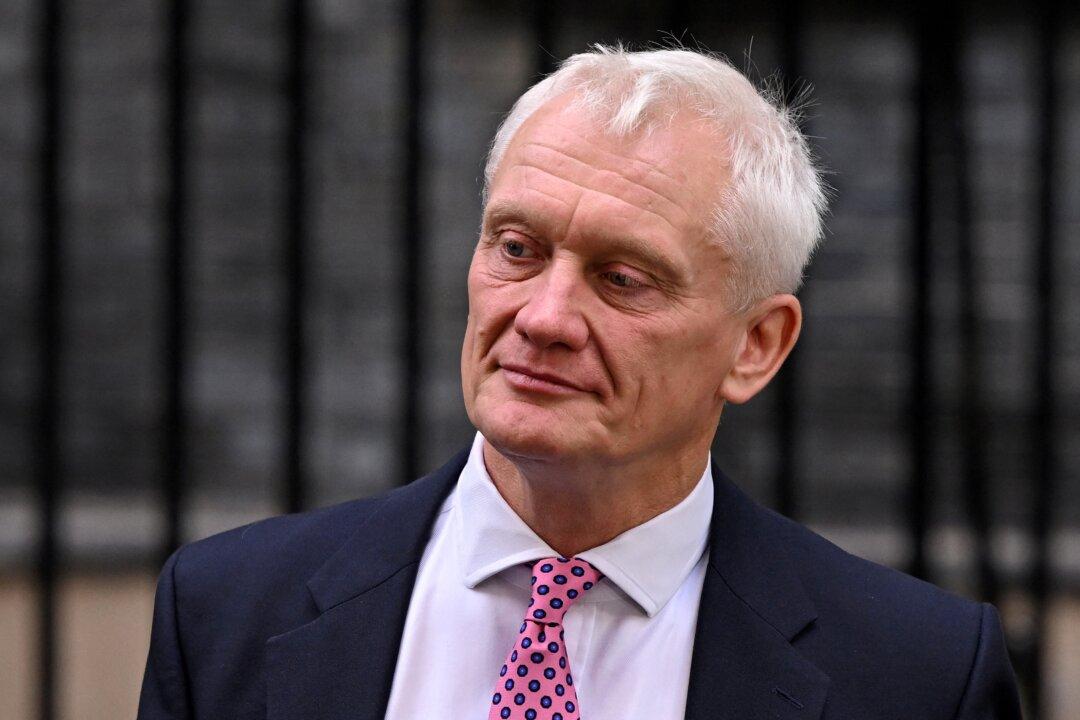The UK is leaving an “outdated” international energy treaty after efforts to align it with net zero emissions plans failed, the government has announced.
In its withdrawal from the Energy Charter Treaty (ECT), Britain joins nine EU member states, including Spain, France, and the Netherlands.
Minister of state for energy security and net zero, Graham Stuart, said in a statement that the treaty, which was signed in 1994, was “outdated and in urgent need of reform.”
“Remaining a member would not support our transition to cleaner, cheaper energy, and could even penalise us for our world-leading efforts to deliver net zero,” Mr. Stuart said.
The ECT was initially meant to integrate Western and former Soviet nations’ energy markets. It includes legally-binding instruments to facilitate global energy trade and stimulate foreign direct investments in the sector.
The think tank E3G has called the ECT the “most litigated investment treaty in the world.” In response to the UK’s withdrawal, a senior policy adviser at E3G, Eunjung Lee, said in a statement: “This treaty was written to protect the incumbents – the fossil fuel industry – and has held back the transition to clean energy. Its demise cannot come fast enough.”
Faced with stalemate over the proposals to modernise the treaty and extend its protections to renewable energy, the UK warned last September about plans to leave the ECT.
Months of negotiations between the European states led to an impasse, after four EU countries blocked the modernised text of the document.
ECT Versus Net Zero
The UK’s decision was fuelled by businesses and civil society, which pushed for the withdrawal from a charter that “undermines” the transition to net zero, according to the Green Alliance.The alliance said the UK will “strengthen global efforts to roll out cheap, clean renewable energy.”
Government policies brought forward in the Net Zero Strategy set out plans to decarbonise all sectors of the UK economy by 2050. This includes phasing out petrol and diesel vehicles by 2035, new buildings with fossil fuel boilers by 2025, and oil and gas boilers in existing buildings by 2035.
Ministers have committed billions to fund the transition.
“With £30 billion invested in the energy sector just since September, we continue to lead the world in cutting emissions, attracting international investment and providing the strongest legal protections for those who invest here,” said Mr. Stuart.
Oil and Gas
The Department for Energy Security and Net Zero claims that Britain will remain an “attractive destination for investors across all energy technologies.” The government vowed to support investment in North Sea oil and gas “as part of the transition to net zero.”It comes ahead of the upcoming vote on the Offshore Petroleum Licensing Bill, under which the North Sea Transition Authority (NSTA) will have a duty to run annual applications for new offshore oil and gas licences.
The NSTA will be able to offer new licenses only if the carbon intensity of domestic gas is lower than that of imported gas. The second requirement is for the UK to be a net importer of both oil and gas over a 15-year assessment period.
Green Party MP Caroline Lucas said on social media platform X that government ministers were being “totally incoherent.”
“The government has finally seen reason and pulled the UK out of the climate-wrecking Energy Charter Treaty, but in the same week they pass damaging new legislation doubling down on oil and gas,” Ms. Lucas said.
The UK’s withdrawal from the ECT will take effect in a year, removing protections for new investments after this period.







